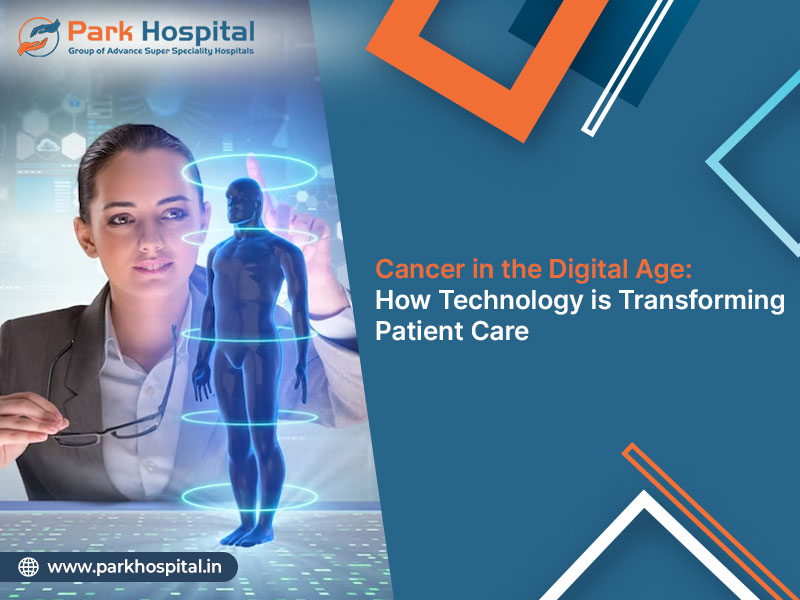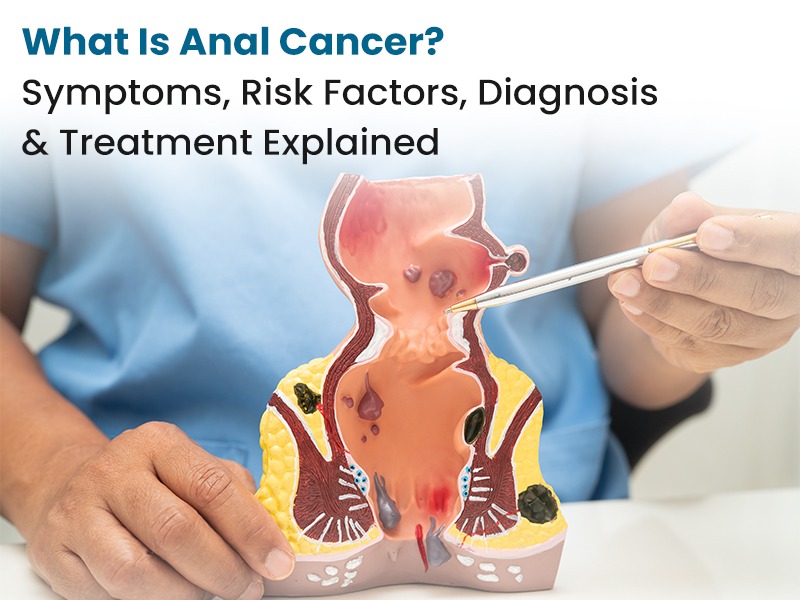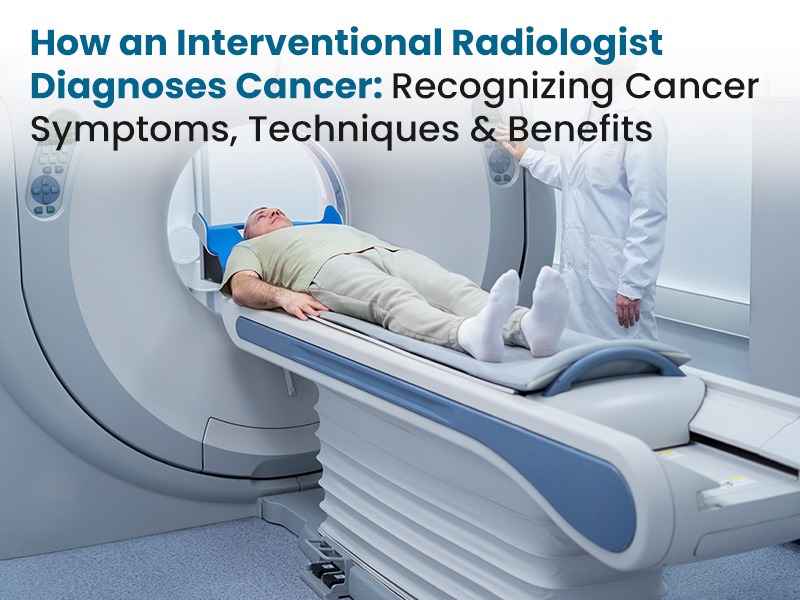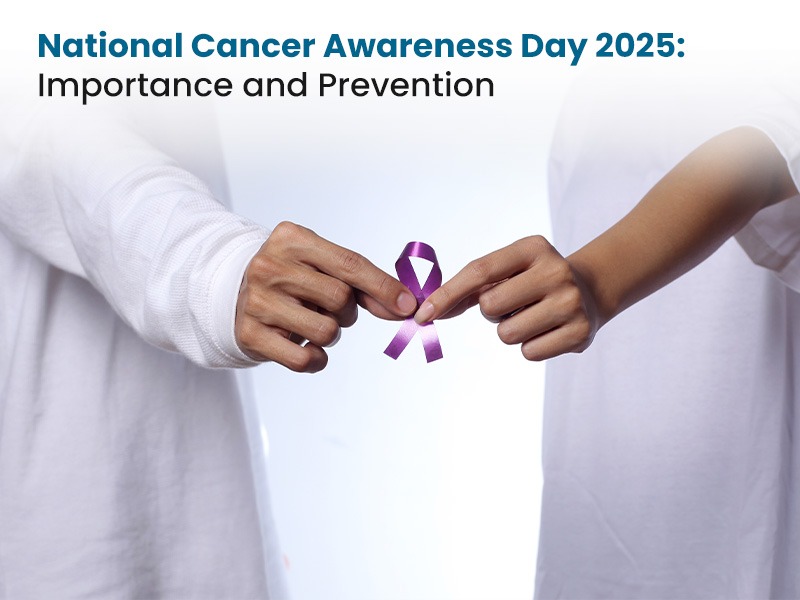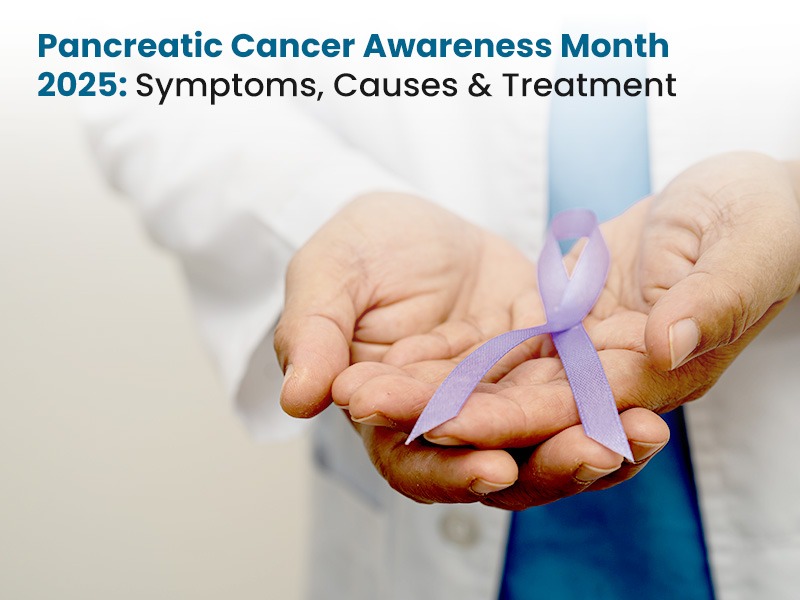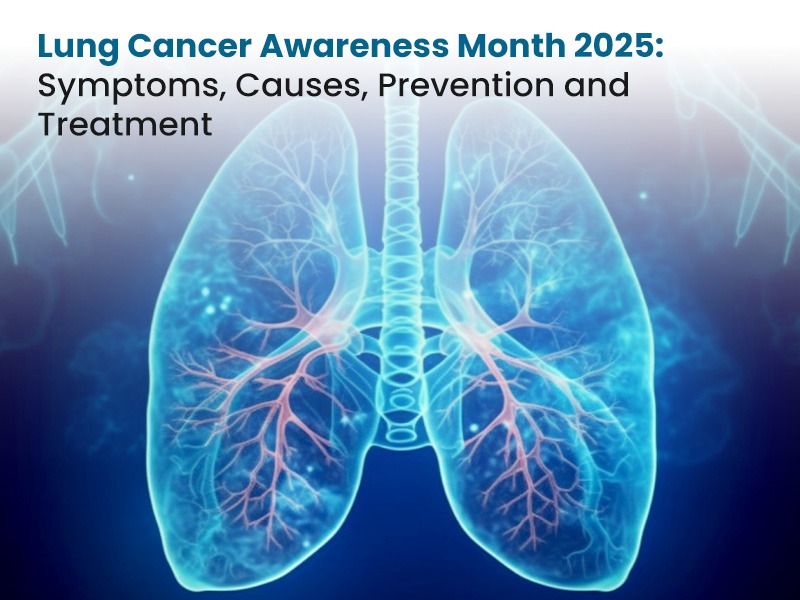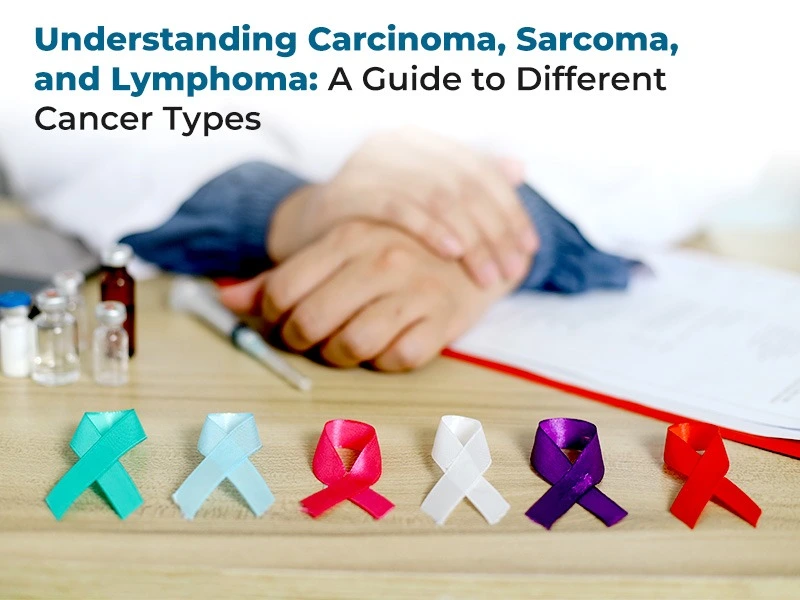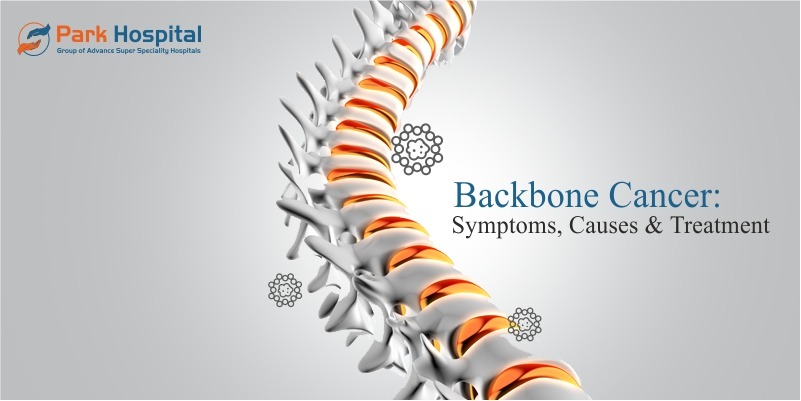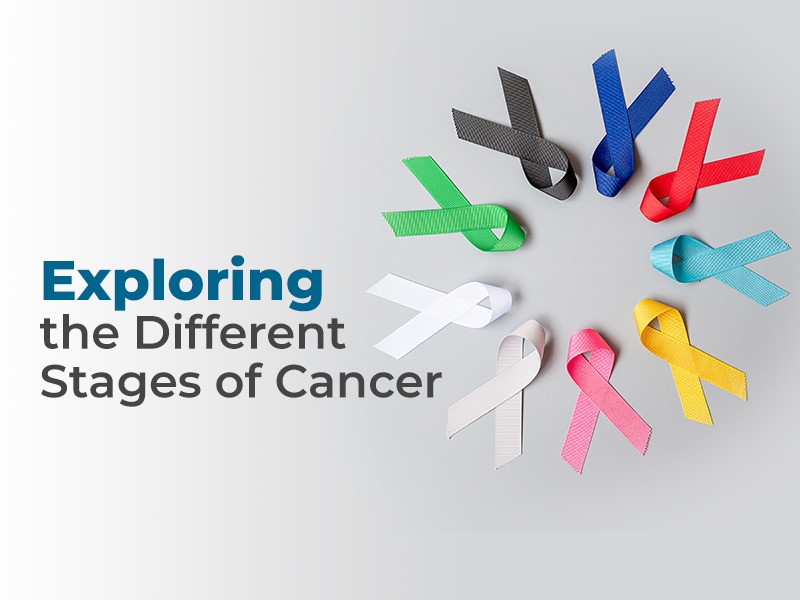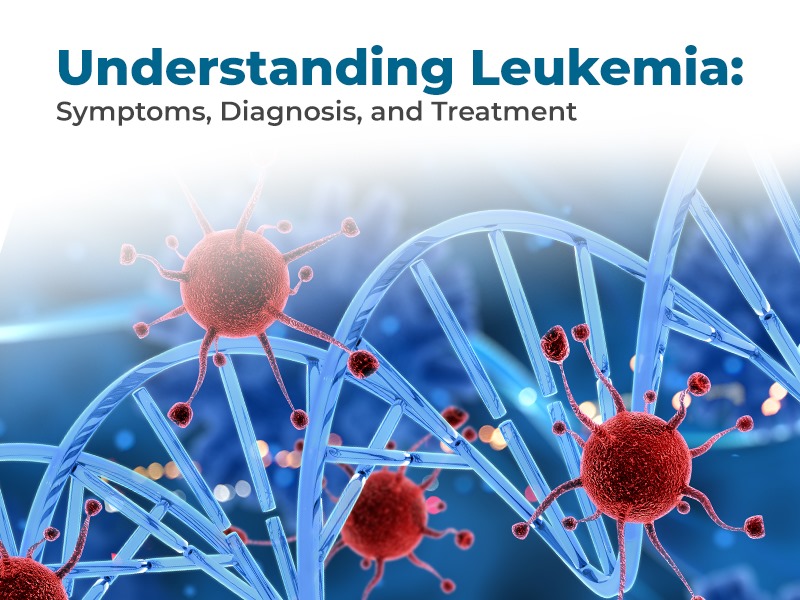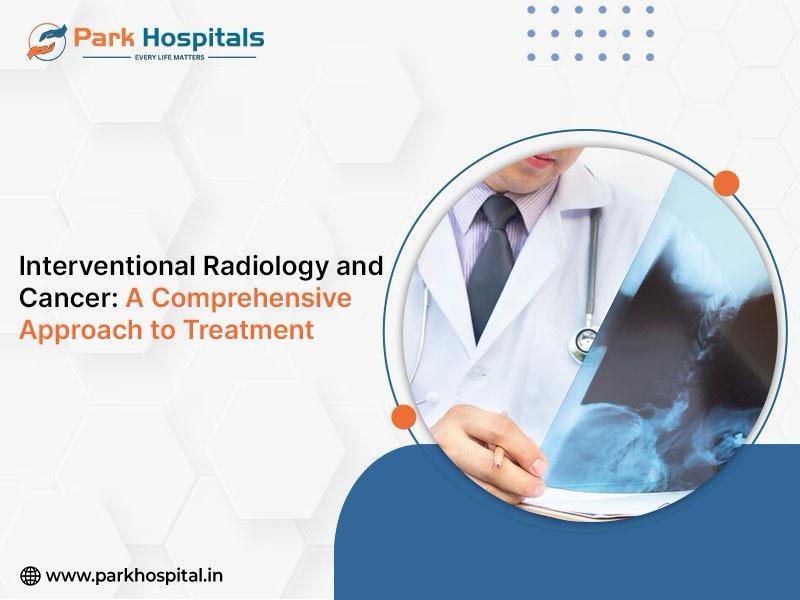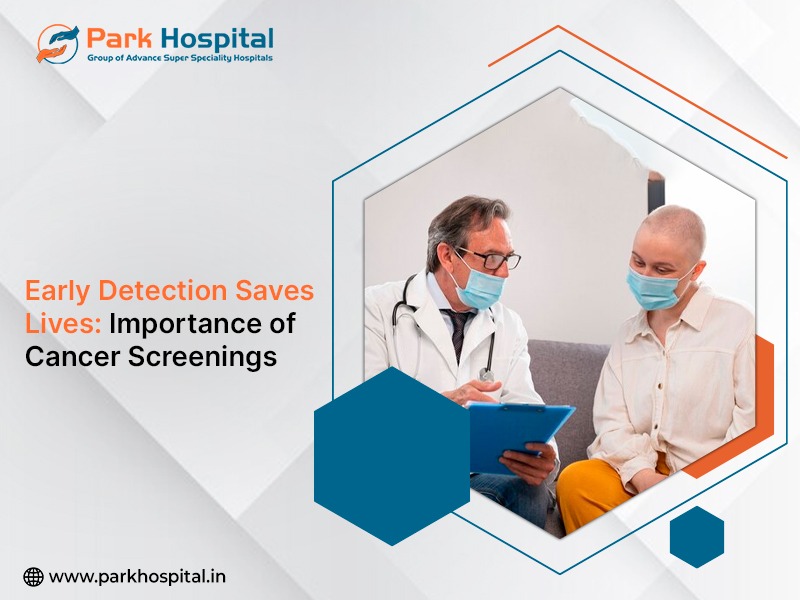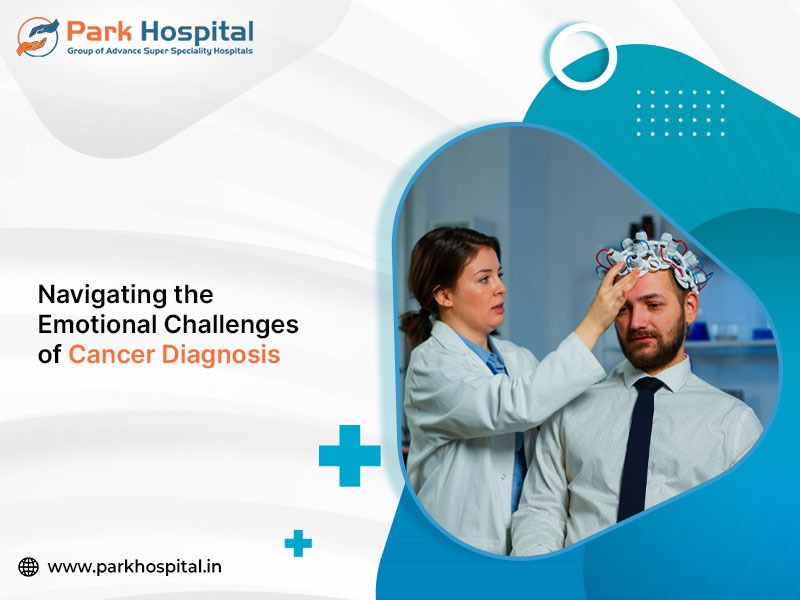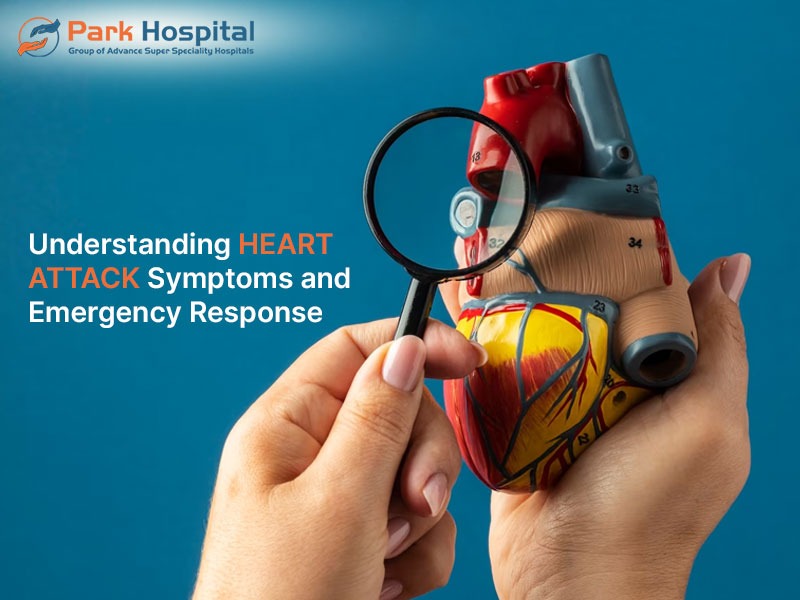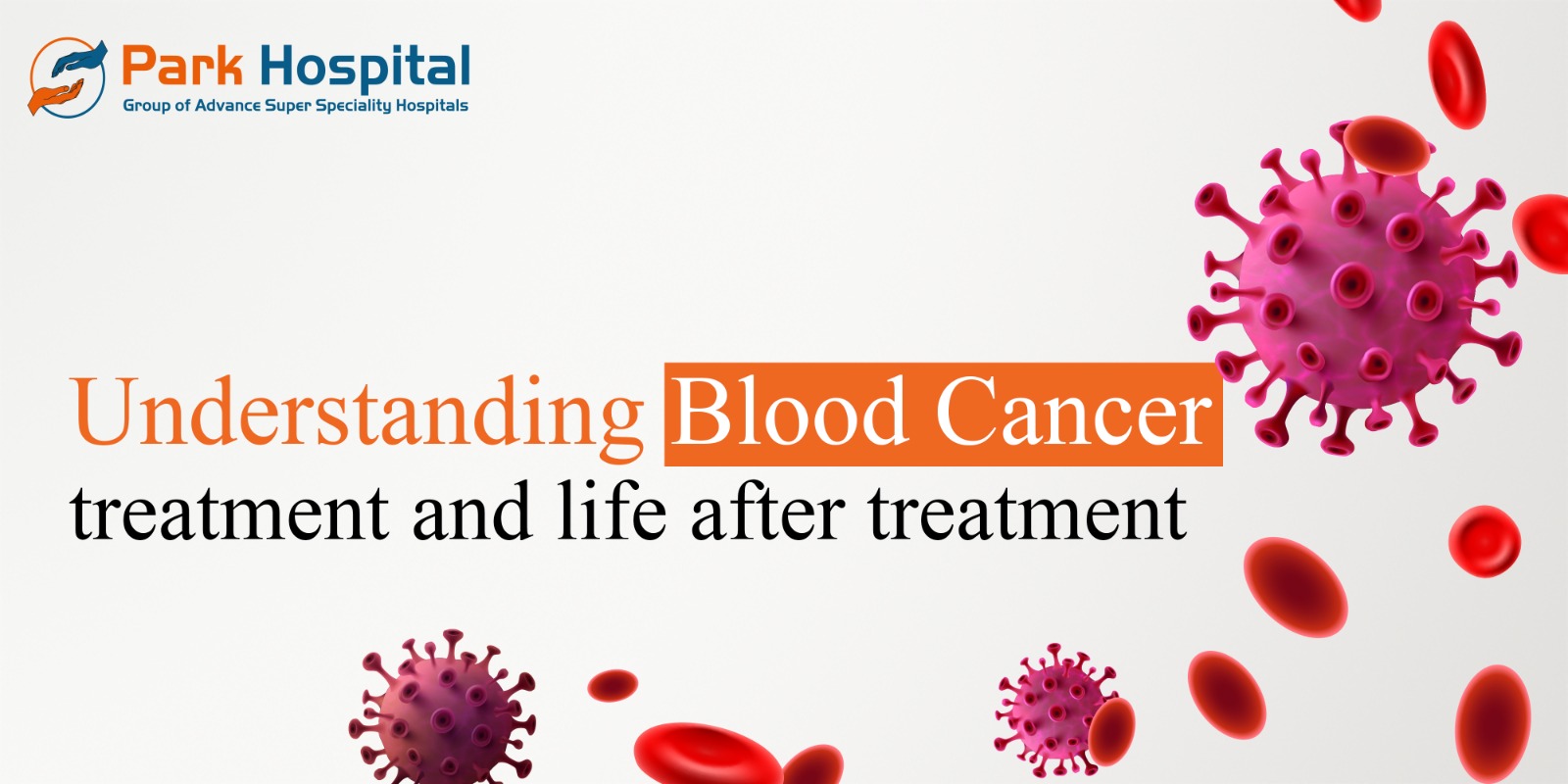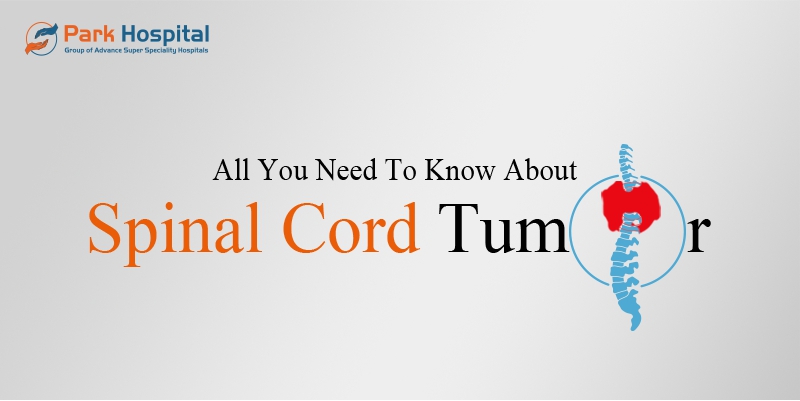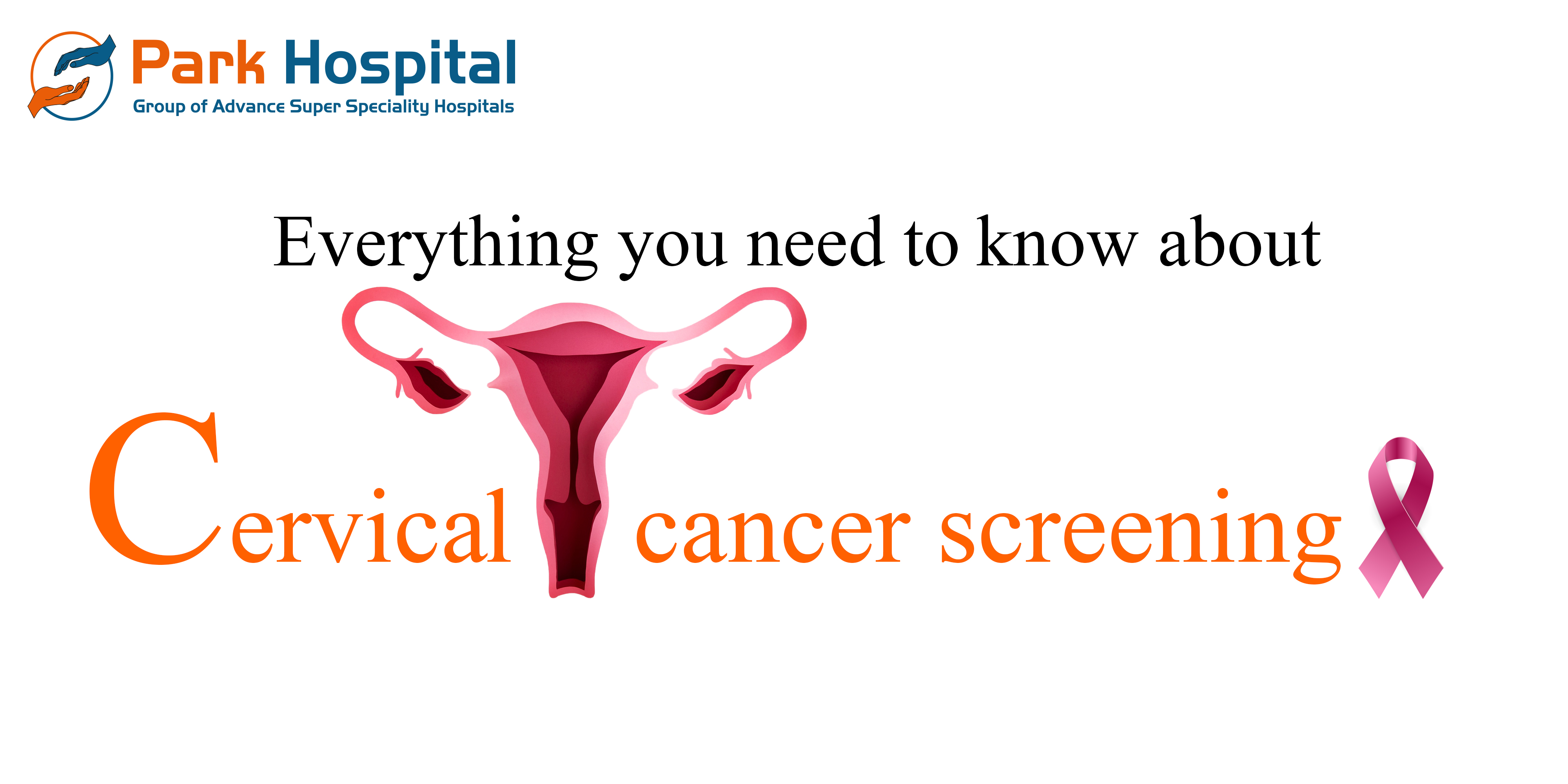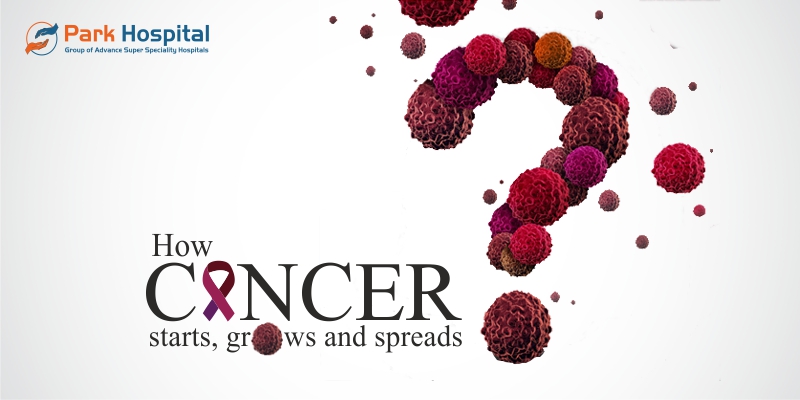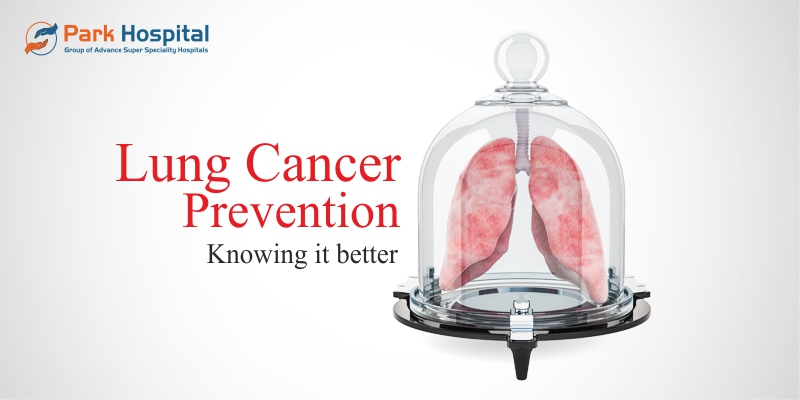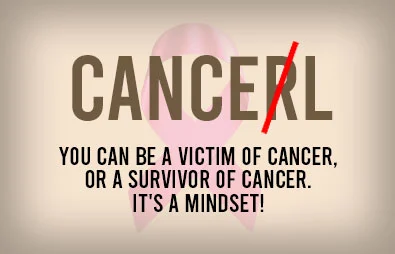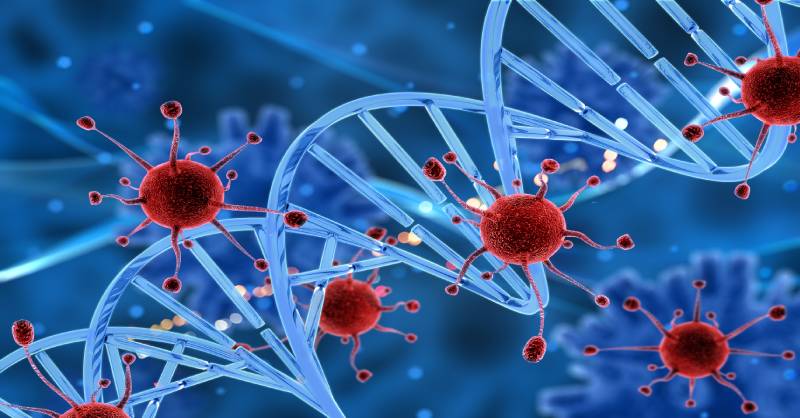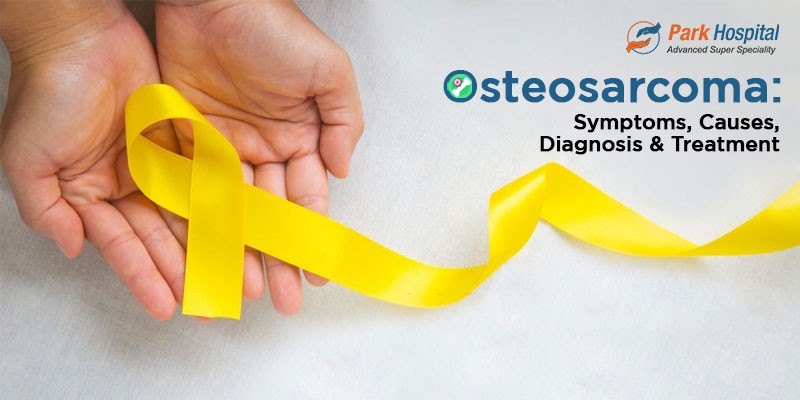Cancer in the Digital Age: How Technology is Transforming Patient Care
Despite the emergence of technology and the countless solutions it has provided to improve healthcare in the world today, people still carry a vast degree of stigma around certain diseases and medical conditions, one of which is cancer. For decades, people have termed cancer a form of incurable disease, and the stigma still persists. Advancements in radiology for diagnosis and advances in treatments such as chemotherapy, targeted therapies, precision radiotherapy and robotic surgeries are driving the future. Technology has made its mark, ranging from the invention of interventional radiology to medical oncology and more. Patients across the globe are waking up to the thought of cancer being a treatable disease.
How Technology is Impacting Cancer Treatment:
- Diagnosis and treatment: With the emergence of interventional radiology, doctors can now use detailed medical imaging to guide minimally invasive surgery procedures and treat patients to a greater degree. These minimally invasive methods are also vastly helpful in ensuring that no tissue damage is inflicted on the patients. Every prominent cancer treatment hospital in the nation today offers interventional radiology.
Another facet of cancer treatment is the emergence of CT scans, MRI scans and mammograms, which have made it easier to scan cancer tumours within the internal tissues of the body and provide useful, accurate and insightful images and information crucial for patients' health.
- Personalized medications: With the development of genomic medicine, genetic profiling can be done to identify specified cells within the cancerous tumors. This process helps develop personalised, targeted chemotherapies that are more efficient and cause minor side effects in comparison to the chemotherapy. Widely considered the best Cancer hospital in Delhi, Park Hospital also places a vital emphasis on the personalised details of each patient before determining the proper treatment for them.
- Telemedicine: cancer care through telemedicine involves the use of remote consultations and virtual sessions, which enable patients to connect with oncologists and other specialists without the need for personalised visits. The development of concepts such as remote medicine and wearable devices enables the accurate monitoring of cancer patients and the dispensing of data on treatment effects. Despite the shortfalls of telemedicine, this is an emerging and upcoming advancement with a promising future.
- Patient Empowerment and Education: Over the years, one of the major focus areas of many medical treatments has been vocal assistance for the patient or the person undergoing those specified conditions. While most cancer treatment hospitals will atleast to providing some degree of patient support, there is a lack of emphasis on patient mental well-being, which is often impacted by cancer. One technological intervention has been the development of digital health platforms that provide ongoing support, education, and mentoring to cancer survivors. The fundamental goal here is to dispense physical and mental well-being to each patient.
Cancer Care at Park Hospitals:
Widely regarded as the most prominent cancer hospital in Delhi, Park Hospitals and its medical success are a testament to their emphasis on medical innovation and ingenuity in treatment, which enables them and their team of experts to provide just the right treatment.
Park Hospital provides treatment for various types of cancers like carcinomas, sarcomas, lymphomas, leukemia, and even myelomas, by providing the following treatments
- Surgical Oncology: Surgical oncology is a highly specialised field of medicine that uses surgery to treat cancer. In a surgical oncology procedure, the oncologist runs tests to dispense the appropriate treatment. Surgical oncologists at a prominent cancer treatment hospital treat cancers like breast, throat, and esophagus.
- Interventional Radiology: In interventional radiology procedures, doctors use highly detailed medical imaging to dispense minimally invasive surgeries that diagnose and treat patients for distinct forms of cancer. The imaging techniques include CT scans, MRIs, fluoroscopy which are used to dispense detailed procedures like angioplasty, stenting, embolization etc.
- Radiation Oncology: This is another medical subspecialty that inculcates the use of high-end radiation to damage the DNA of the cancerous cells and reduce their unwarranted growth. This procedure requires assistance from some of the best radiation oncologists in the nation.
- Medical oncology: medical oncology focuses extensively on the diagnosis, treatment and prevention of cancer by using mediums like chemotherapy, hormone therapy and targeted therapies.

